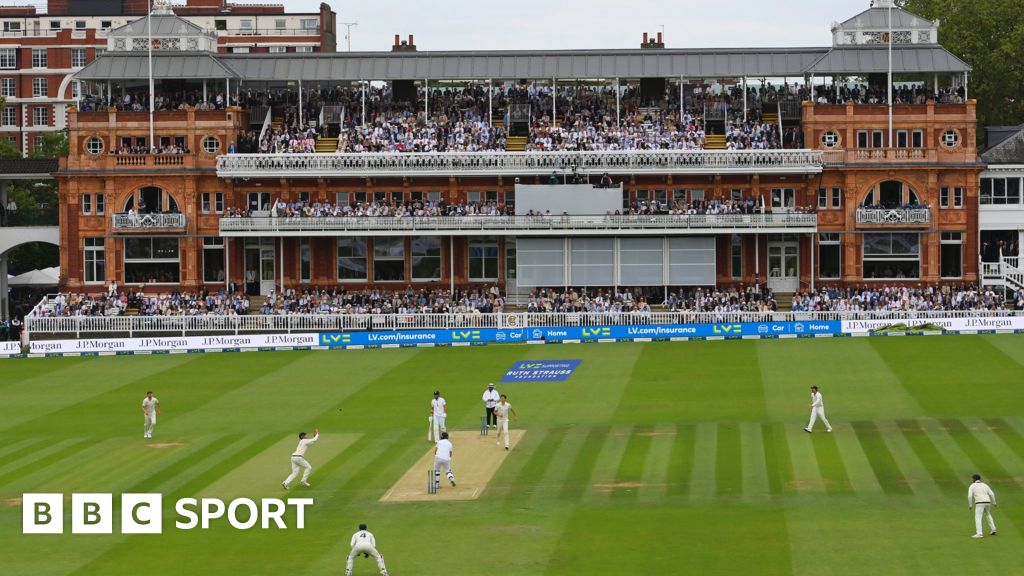
ECB publishes response to ICEC report and says it wants to ‘change the game’
[ad_1]
The England and Wales Cricket Board (ECB) says it wants “to change the game” as it publishes its response to a report detailing racism, sexism, classism and elitism in the sport.
Discrimination in cricket in England and Wales is “widespread” according to the Independent Commission for Equity in Cricket (ICEC).
The ECB response accepts “most” of the ICEC report’s 44 recommendations.
They include the creation of an independent regulator for the game.
“The ICEC report was a massive moment for the sport and a responsibility we take extremely seriously, to bring about the changes we all want to see,” said ECB chief executive Richard Gould.
“We think we are on a journey to try to change history in terms of what cricket looks like and will look like.”
One of the recommendations the report made when it was published in June was for the ECB to issue an unreserved public apology for its failings, which chairman Richard Thompson did immediately.
“I want to double down on our apology to those we have let down and discriminated against,” said Thompson on Monday.
“Cricket hasn’t got it right in the past, but this is an opportunity to move forwards together. I’d urge everyone to now come together, to put their energy and effort into delivering these actions, and to playing their part in ensuring cricket becomes England and Wales’ most inclusive team sport.”
With sub-clauses included in the 44 recommendations, the ECB says there are some 137 actions asked of the governing body by the ICEC report.
The ECB says it has a “positive direction of travel” on 94% of them.
Some, such as increasing the match fees paid to England’s women for international matches so that they are equal to those paid to England’s men, have already been carried out.
However, the ECB stopped short on committing to all of the ICEC’s recommendations on equal pay, which include equal average salaries at international level by 2030, equal salaries for The Hundred by 2025 and equal average pay and prize money in other domestic cricket by 2029.
“Growing the demand and audience for women’s cricket is crucial to creating the long-term commercial conditions, which will underpin the achievement of our pay parity goal,” said the ECB response.
“For all the progress we have seen, the gap between the value of commercial and media rights for the men’s and women’s games is still vast.
“By creating a thriving, viable and robust future for women’s and girls’ cricket at every level of the game, we can make real progress in closing that gap.”
Former England cricketer Claire Taylor welcomed the increased investment in women’s cricket and agreed with the ECB that developing the game is just not just about money.
“The amount of money that the ECB’s got to invest in the game as a whole is not infinite,” she told BBC Sport. “The ECB is working within its current knowledge of what its revenues are likely to be from its broadcast deals and so forth over the next few years.
“I think any investment in the women’s and girls’ game – and we can apply the same thinking to the other areas that the ICEC has asked the ECB to invest in – needs to be sustainable.
“It’s got to be meaningful in terms of the amount of competition that domestic players have, and it’s got to be underpinned by similar investments into the bottom of the pyramid.”
[ad_2]
Source link




